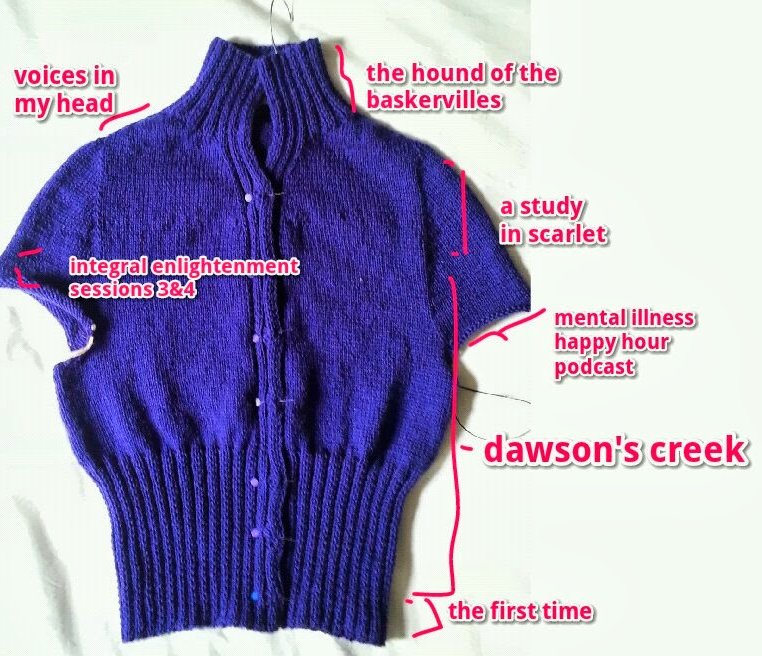This is the best scene ever written for television. Was anyone else as bowled over by it as I was?
( Elementary 2.09 )There have been quite a few well-meaning Joan Watsons in my own life over the years who accepted me as I was while rooting for me to become nicer. Some of them had letters after their names and billed my insurance by the hour. And I was fully on board the "cure me of being me" train for years.
What else could I do? I'm not a brilliant detective or an attractive and financially independent white male--things that allow all versions of Sherlock Holmes to withstand the consequences of being fundamentally--what's the word? Attachment-disordered? Spock-like? A wee bit sociopathic? Introverted? Poorly-socially-networked? A natural loner? An edge-dweller?
It's a strange minority position to be in. The scene emphasizes the strong belief among more connected humans that we edge-dwellers could join the majority if we just tried a little harder.
So we try, most of us, most of the time. Often our livelihood depends on it. If I'd been born a couple of generations earlier, the need to conform to a "marriageable" standard of nice-girl behavior would have been nearly a matter of life and death.
None of this is to disregard the advantages I do have in life--I have them, I make use of them, and I'm grateful for them. (As it happens, I think my combination of coldness and competence has just plain scared employers into keeping me on and paying me a salary all these years. And now I get to retire.)
Nor am I advocating for antisocial behavior. I'm not
completely separate from the continent, and yes, the bell tolls for me, too. I abide by common please-and-thank-you standards, and what I care about, I care about deeply. I experience enjoyment and pleasure in non-evil things like laughter and food. I'm capable of love, albeit to a limited extent: I let things and people go much more easily than others do. I've tried not to, but I just don't
care as much as I "should."
Jason Tracey, who wrote this episode of
Elementary, has perfectly captured the tension between the edge-dweller and the more connected among us, and that's no small thing. But the scene goes a bit further by explicitly stating the edge-dweller's acceptance of himself and the consequences of his nature. Sherlock knows--
and does not regret--that his nature is what makes him good at the singular thing he's really good at.
That's what made it revolutionary for me.
